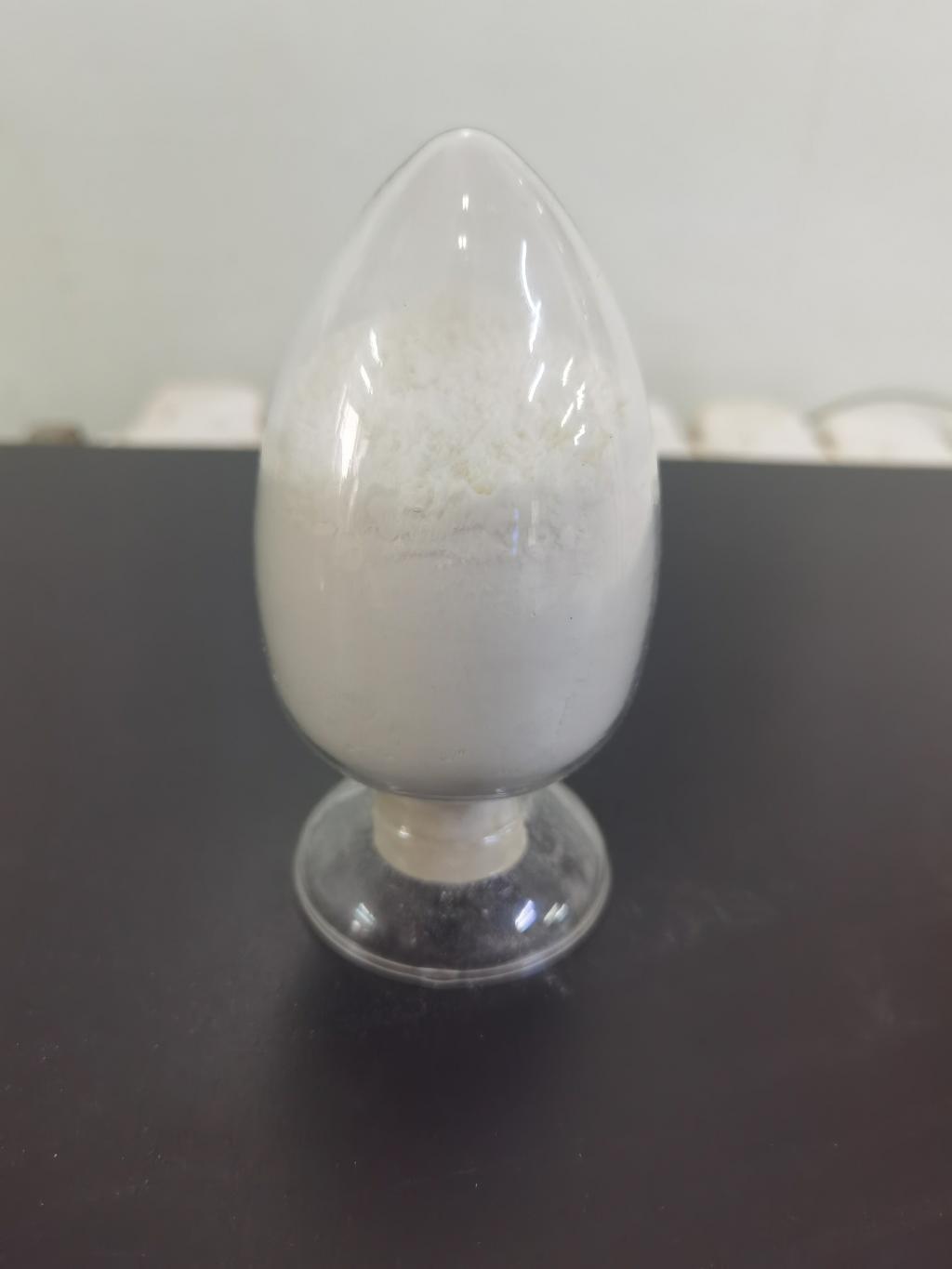Tel:+8618231198596

News
 CONTACT
CONTACT
 CONTACT
CONTACT
- Linkman:Linda Yao
- Tel: +8618231198596
- Email:linda.yao@dcpharma.cn
- Linkman:CHARLES.WANG
- Department:Overseas
- Tel: 0086 0311-85537378 0086 0311-85539701
News
ε-Polylysine hydrochloride: An eco-friendly option for extending shelf life and reducing food waste.
TIME:2023-08-02
ε-Polylysine Hydrochloride: A Brief Overview
Often referred to as ε-PL, ε-polylysine hydrochloride is a biopolymer composed of multiple lysine units joined together. Its production involves the fermentation of microorganisms like Streptomyces albulus and Streptomyces orientalis. This natural peptide exhibits robust antimicrobial properties, effectively combating a wide range of microorganisms including bacteria, molds, and yeasts. The mechanism of action involves disrupting the cell membranes of these microorganisms, leading to their inhibition and eventual demise. One of the distinguishing features of ε-PL is its environmentally friendly nature – it is biodegradable, non-toxic, and has received the Generally Recognized as Safe (GRAS) status from regulatory authorities.
Challenges in Food Preservation and Waste Reduction
The challenges posed by food spoilage and waste are significant both for the food industry and society at large. Despite the substantial resources invested in food production, a considerable portion of the produced food never reaches consumers due to spoilage, improper handling, or inefficiencies in distribution. The consequences of food waste are multi-faceted, affecting food security, environmental sustainability, and economic stability. As the global population continues to grow, the imperative to tackle these challenges becomes increasingly urgent.
The Role of ε-Polylysine Hydrochloride
In the quest for sustainable food preservation and waste reduction, ε-polylysine hydrochloride has emerged as a powerful tool. Its unique properties make it a versatile and effective solution:
1. Extending Shelf Life: ε-PL's antimicrobial activity allows it to inhibit the growth of spoilage microorganisms and pathogens. By incorporating ε-PL into food products, manufacturers can significantly extend their shelf life, reducing the risk of premature spoilage and subsequent wastage.
2. Natural Preservation: In an era characterized by consumer demand for clean-label and natural ingredients, ε-PL fits the bill perfectly. Its natural origin and minimal processing make it an attractive alternative to synthetic preservatives.
3. Precision Action: ε-PL's mode of action is highly targeted, affecting only microorganisms while leaving beneficial bacteria and enzymes untouched. This specificity ensures that desired microbial populations are preserved while harmful organisms are effectively controlled.
4. Mitigating Foodborne Illness: By thwarting the growth of pathogenic bacteria, ε-PL contributes to enhanced food safety, thereby lowering the risk of foodborne illnesses and the resultant waste.
Applications of ε-Polylysine Hydrochloride
The potential applications of ε-polylysine hydrochloride span a wide array of food products, offering benefits across various sectors:
1. Bakery and Confectionery: In baked goods and confectionery items, ε-PL can prevent mold growth and extend freshness, reducing the need for artificial additives.
2. Dairy Products: In dairy items such as cheese and yogurt, ε-PL can help control spoilage microorganisms and enhance product stability.
3. Meat and Poultry: ε-PL can be employed to extend the shelf life of meat and poultry products, maintaining their quality and safety.
4. Beverages: In beverages prone to microbial contamination, like fruit juices, ε-PL can serve as a natural preservative, prolonging their shelf life.
Challenges and Considerations
While ε-polylysine hydrochloride offers promising benefits, its adoption does come with certain challenges and considerations:
1. Formulation and Compatibility: Incorporating ε-PL into various food formulations while maintaining taste, texture, and overall quality requires careful consideration and formulation adjustments.
2. Regulatory Compliance: Ensuring adherence to regulatory standards and establishing acceptable usage levels is paramount to gain market acceptance.
3. Consumer Perception: Educating consumers about the safety and advantages of ε-PL is crucial to foster trust and acceptance.
4. Cost Considerations: The cost of ε-PL relative to other preservation methods may influence its viability for certain products.
Future Directions and Implications
The growing interest in ε-polylysine hydrochloride reflects a broader trend toward sustainable and environmentally friendly solutions within the food industry. As consumers become increasingly aware of the environmental impact of their choices, the demand for natural and effective food preservation methods is expected to rise. The application of ε-PL not only addresses immediate challenges related to shelf life extension and waste reduction but also contributes to building a more resilient and sustainable food supply chain.
Conclusion
In a world grappling with interconnected challenges of food security, resource conservation, and waste reduction, ε-polylysine hydrochloride emerges as a potent ally for sustainable food preservation. Its unique properties, natural origins, and targeted action position it as a valuable tool for addressing critical issues in food production and consumption. By leveraging the capabilities of ε-PL, we can move closer to achieving a more sustainable, efficient, and responsible food system that benefits both industry and society at large.
- Tel:+8618231198596
- Whatsapp:18231198596
- Chat With Skype







